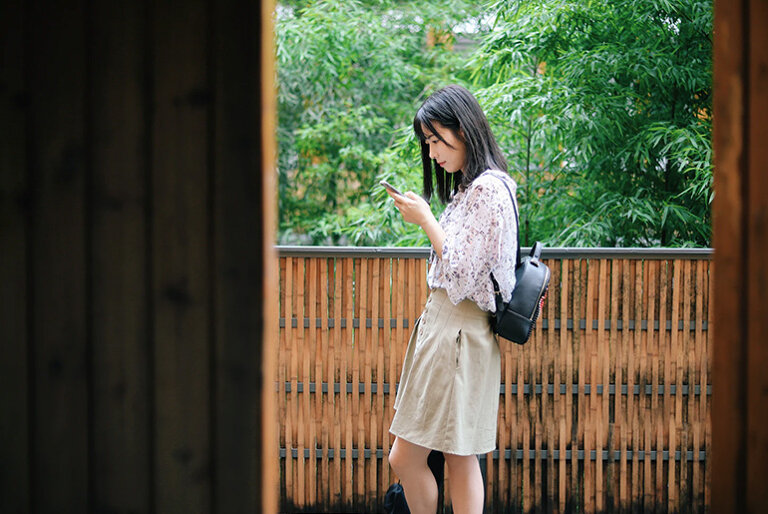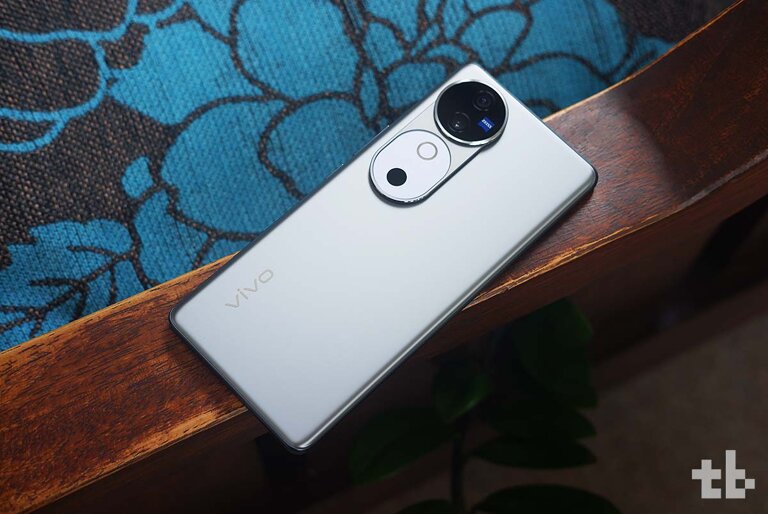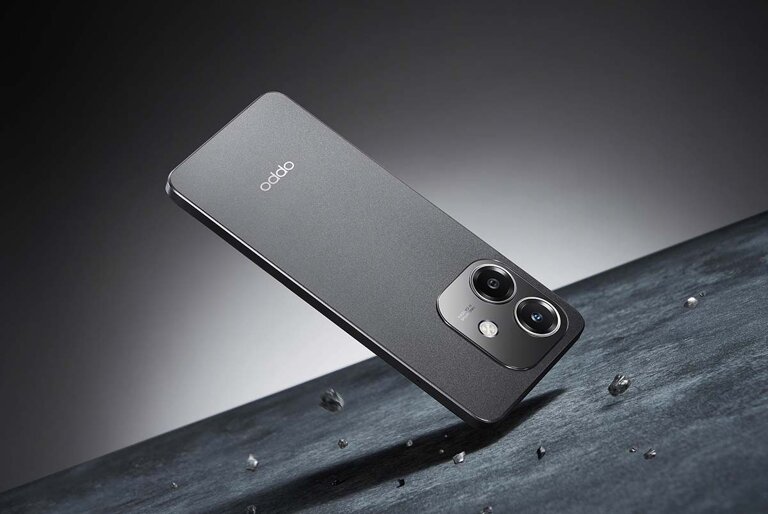A new phobia has emerged as a direct effect of today’s digital world. Nomophobia is the fear of being without your smartphone or the fear of not being able to use it. Unfortunately, this fear can manifest in a number of ways, including feelings of panic, anxiety, and even depression.
One of the main reasons for the emergence of nomophobia is our increasing dependence on mobile phones. As you may well know, these devices have become essential tools for communication, entertainment, and information access.
But for some people, smartphone use has become an addiction. It’s the first thing they check in the morning and the last thing they look at before going to bed. With the constant need for access to social media, messaging, and the internet, it’s easy to get caught up in the never-ending cycle of checking our phones.
This not only affects our personal relationships and daily routines but also has negative effects on our mental and physical health. Studies have shown that excessive phone use can lead to symptoms of depression, anxiety, and insomnia.
What is Nomophobia
Nomophobia, also known as “no mobile phone phobia,” is the fear of being without or unable to use one’s smartphone. It is a type of technological addiction that can cause anxiety, panic, and even depression.
Symptoms of nomophobia include frequently checking the phone for messages or updates, feeling anxious when the phone is not within reach, and excessive use of the phone leading to neglect of other responsibilities.
Fear of missing out, or FOMO, is one of the reasons for the rise of nomophobia. People feel compelled to stay connected at all times due to the constant flow of notifications, updates, and messages, for fear of missing out on something important.
Furthermore, with the rise of social media and instant messaging, people feel pressured to be available and responsive to messages, notifications, and phone calls at all times. If people do not respond to a message in a timely manner, they may feel guilty or ashamed, which can lead to increased stress and anxiety.
Consequences of Nomophobia include depression, decreased concentration, and even physical symptoms such as headaches and fatigue.
How to combat Nomophobia
To combat nomophobia, it is important to establish healthy phone habits and set boundaries around phone use.
This can include turning off notifications, setting aside specific times to check your smartphone, and leaving your devices at home or in a different room when you are doing other activities.
You might also like Here are 6 reasons why you should choose a mid-range phone over a flagship in 2023
As mobile phone usage continues to increase, nomophobia is becoming more prevalent and can have a significant negative impact on one’s mental and emotional well-being. It is important to be aware of this issue and to take steps to manage mobile phone use in a healthy way.
Image: Unsplash








